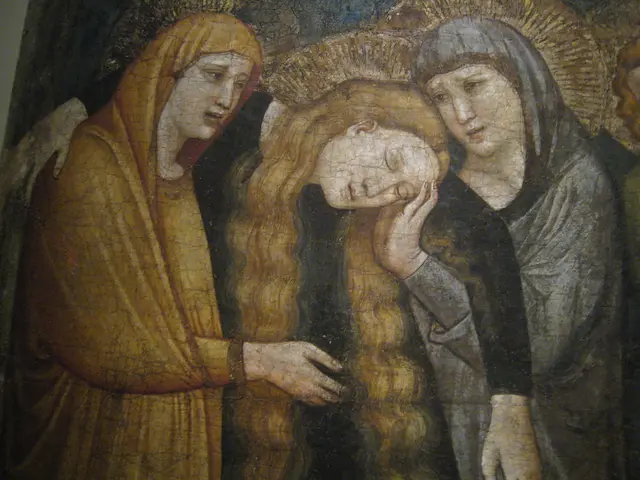Charles Dickens' Life and Works Shaped by Victorian Britain's Harsh Realities
Over two centuries ago, renowned author Charles Dickens was born in Portsmouth, England. His life and works were deeply influenced by the harsh realities of Victorian Britain, including child labor, long working hours, and lack of worker protections. These issues were prevalent despite regulations like the Cotton Mills and Factories Act of 1819 and the Ten Hour Bill of 1832.
Dickens himself experienced child labor at age 12, working at a boot-blacking factory. This personal encounter likely inspired his vivid depictions of exploited children in novels like 'Oliver Twist'. The Chimney Sweeps Act of 1834 raised the legal age for this dangerous work to 14, but it remained a grim reality.
In Dickens' time, workers faced numerous challenges. The Master and Servant Act of 1823 punished employees who left jobs, even if they faced harsh treatment. Debt prisons existed, where debtors had to pay rent while incarcerated. Punishments for minor crimes included hanging, corporal discipline, hard labor, and forced military service.
Dickens' exposure to these harsh conditions shaped his literary career. Through novels like 'Great Expectations' and 'A Tale of Two Cities', he highlighted societal ills and advocated for reform. Despite regulations, child labor and worker exploitation persisted, reflecting the complex nature of social change in Victorian Britain.







